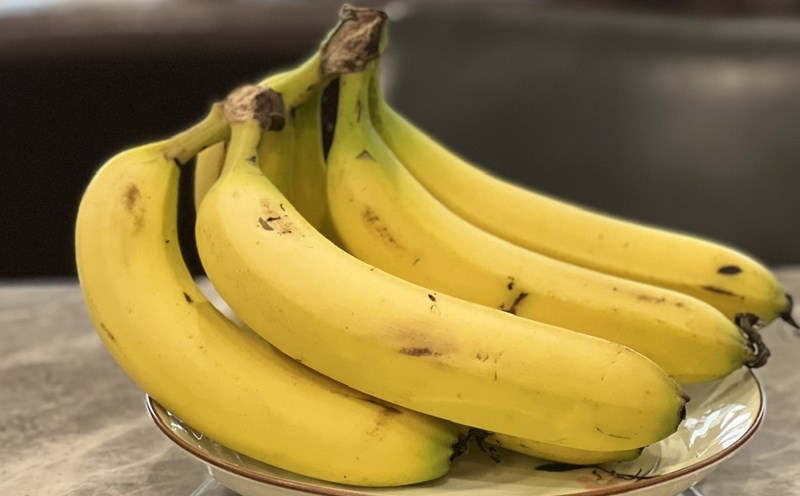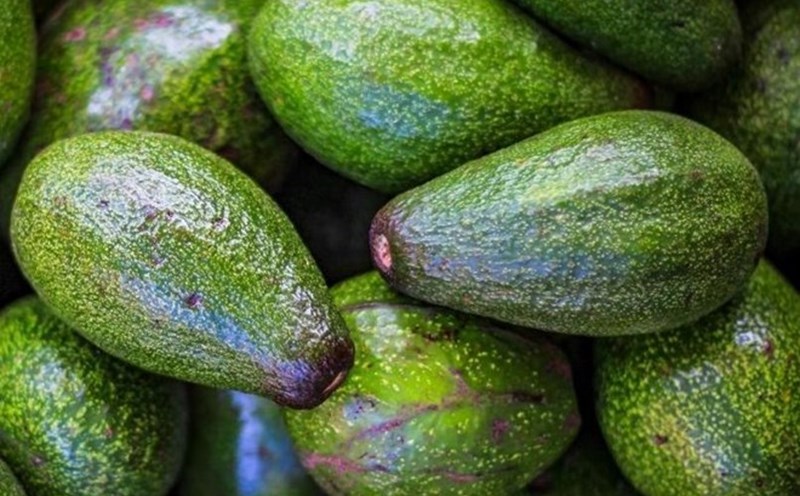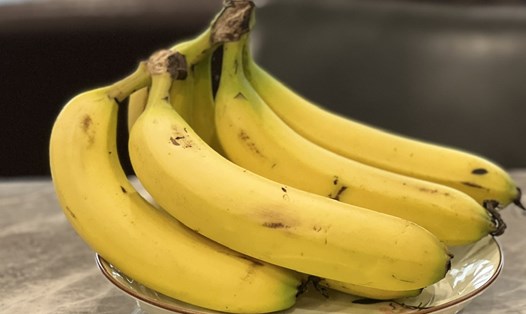Here are 4 types of Japanese vegetables that are popular with the liver, proven by many scientific studies.
mustard greens: Also known as Komatsuna in Japanese, contain a large amount of glucosinolate - a compound that helps activate liver detoxification enzymes. Glucosinolate has the ability to neutralize toxins in the liver, reduce inflammation and support liver cell regeneration.
mustard greens are also rich in vitamin C and beta-carotene, which help protect the liver from free radical damage.
mustard greens help detoxify the liver and reduce inflammation. Helps the liver function more effectively.
How to use: Stir-fry with sesame oil or boil with soy sauce. Use in miso soup or Japanese salad.
Spinach: One of the most popular green vegetables in Japan, contains iron, folate and vitamin K, which help improve liver function and reduce the risk of fatty liver.
According to research from the American Journal of Clinical Nutrition (AJCN), spinach has the effect of reducing inflammation, protecting the liver from damage caused by excess fat and toxins. In particular, the political economy in spinach can help neutralize toxins in the blood, reducing the burden on the liver.
Benefits: Helps filter toxins, supports healthy liver. Prevent fatty liver.
How to use: Boil or steam lightly to retain the nutrients. Combined with tofu or Japanese soy sauce.
White radish: White radish (Daikon) is an indispensable part of Japanese cuisine. According to research from the National Institute of Nutrition, Daikon contains enzyme myrosinase, which helps digest fat and reduce the burden on the liver.
White radish is also alkaline, helping to balance the pH in the body, reduce inflammation and support the liver detoxification process.
Benefits: Reduce pressure on the liver by aiding digestion. purify the liver and prevent inflammation.
How to use: Use in miso soup or cook soup. Eat raw with soy sauce or make pickled melon.
Seaweed: Wakame seaweed contains fucoxanthin, a powerful antioxidant that reduces inflammation, protects the liver from damage and supports the excretion of fat in the liver.
Research from the Journal of Food and Agricultural Chemistry (JFCA) shows that fucoxanthin helps reduce fatty liver and improve liver function by stimulating the breakdown of fat in the liver.
Seaweed also contains iodine and alginic acid, which helps remove heavy metals and toxins from the liver.
Benefits: Supports the elimination of fat in the liver. Protect the liver from damage caused by toxins.
How to use: Use in miso soup or mix with salad. Combine with young tofu or eat with rice.
The liver is an important organ of the body, performing the function of filtering toxins, metabolizing nutrients and supporting digestion.
Regularly adding these foods to your daily meals can help your liver function effectively, reduce the risk of liver disease and support the body's detoxification.











